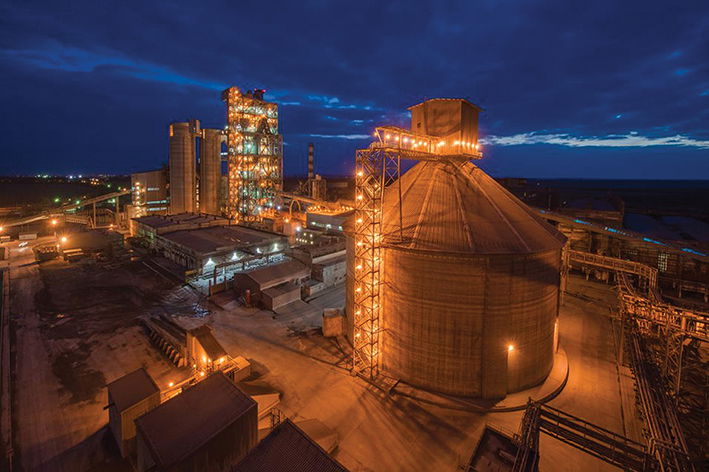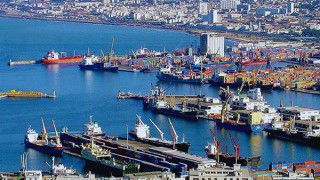Ukraine, the cement industry is not operating at full capacity. “ Only 60-70 per cent of our capacity is currently being utilised,” reports Lyudmila Kripka, executive director of the country's cement association, Ukrcement. This indicator has remained at this level for the past three years due to low demand and many problems, as in all other large industrial enterprises. In particular, rising electricity prices negatively affect all energy-intensive export-oriented industries, including cement manufacturers.
“The opportunity to export is now an opportunity for us to survive. First, it supports domestic production and generates foreign exchange earnings, which allows us to pay taxes to the budget and support both the state economy and our military,” added Lyudmila Kripka.
However, raising electricity price caps by 67 per cent will have significant negative consequences for industry, especially in the context of full-scale war and destroyed energy and infrastructure. “Such a sharp increase in prices is not justified,” claims Ukrcement, since the actual prices of the day-ahead market during the evening peak do not reach the price caps.
According to our calculations, in May-June 2025, the weighted average prices were UAH5300-8900/MWh at the current rate of UAH9000 (US$216.60). Accordingly, the thesis about price restrictions is not confirmed, and any unjustified price increase poses a threat to the survival of industry. In conditions of high consumption in the evening hours and limited competition, raising price caps creates risks of manipulation by generators. In addition, price increases will not lead to an increase in electricity imports due to technical and regulatory factors, reports GMK Center.
Furthermore, Ukrecement highlights that in the European Union, companies receive compensation for high energy costs; in particular, the cement industry receives compensation for reducing CO2 emissions. In Ukraine, there is no state support in this regard.
Ukraine’s cement association proposes the development of state support instruments for energy-intensive export-oriented industries as temporary anti-crisis measures:
• Preferential tariff setting mechanism. To support the decarbonisation of industry, the development of cement production using electricity from renewable energy sources in Ukraine, and the unification of approaches to energy-intensive sectors, we [Ukrecement] propose developing a mechanism for preferential tariff setting for the transmission of electricity to industrial enterprises, following the example of electrometallurgical enterprises.
• Technical and economic criteria. Introduction of criteria according to which enterprises could claim to be equated with priority industries. This will allow the funds saved from the reduction in the electricity transmission tariff to be directed towards investments in renewable energy sources and cogeneration plants. It will also help reduce the load on the power system, increase the energy efficiency of enterprises, and achieve national decarbonisation goals. Under such conditions, we will become competitive with European enterprises.

